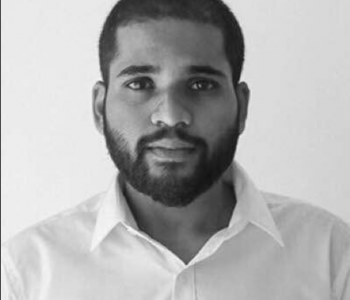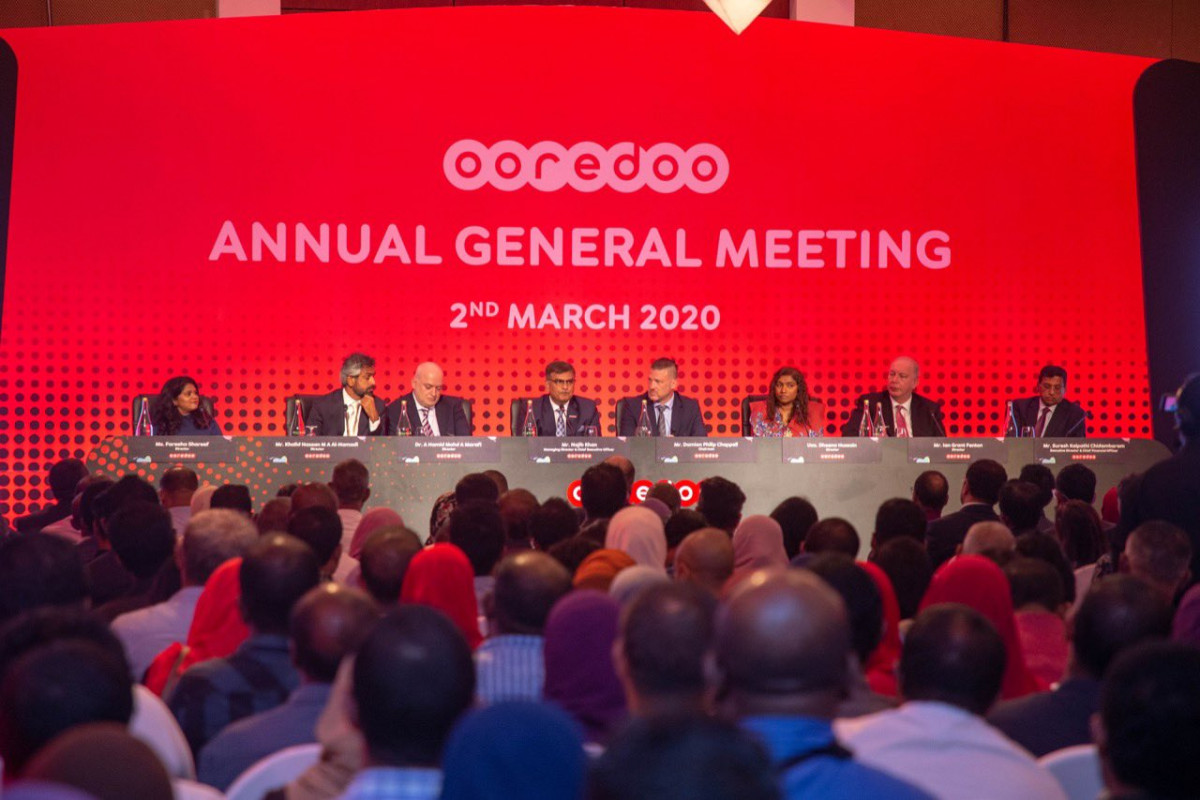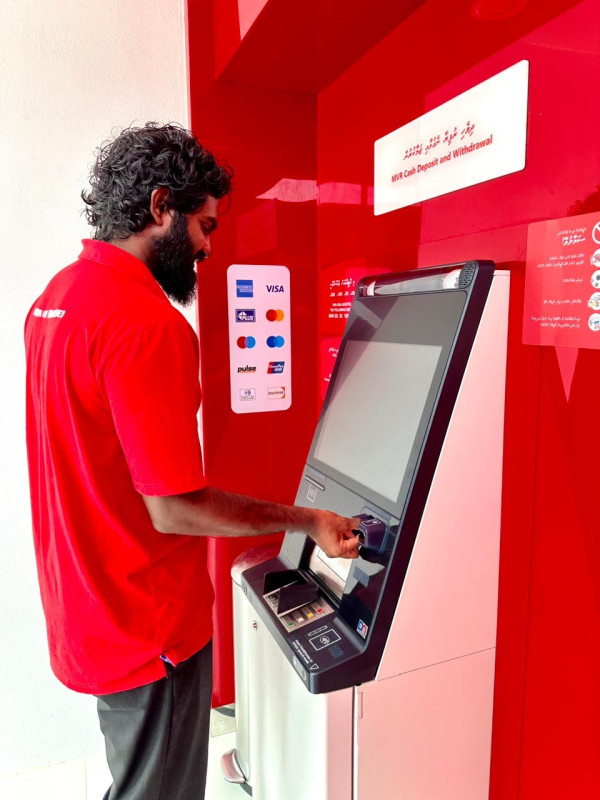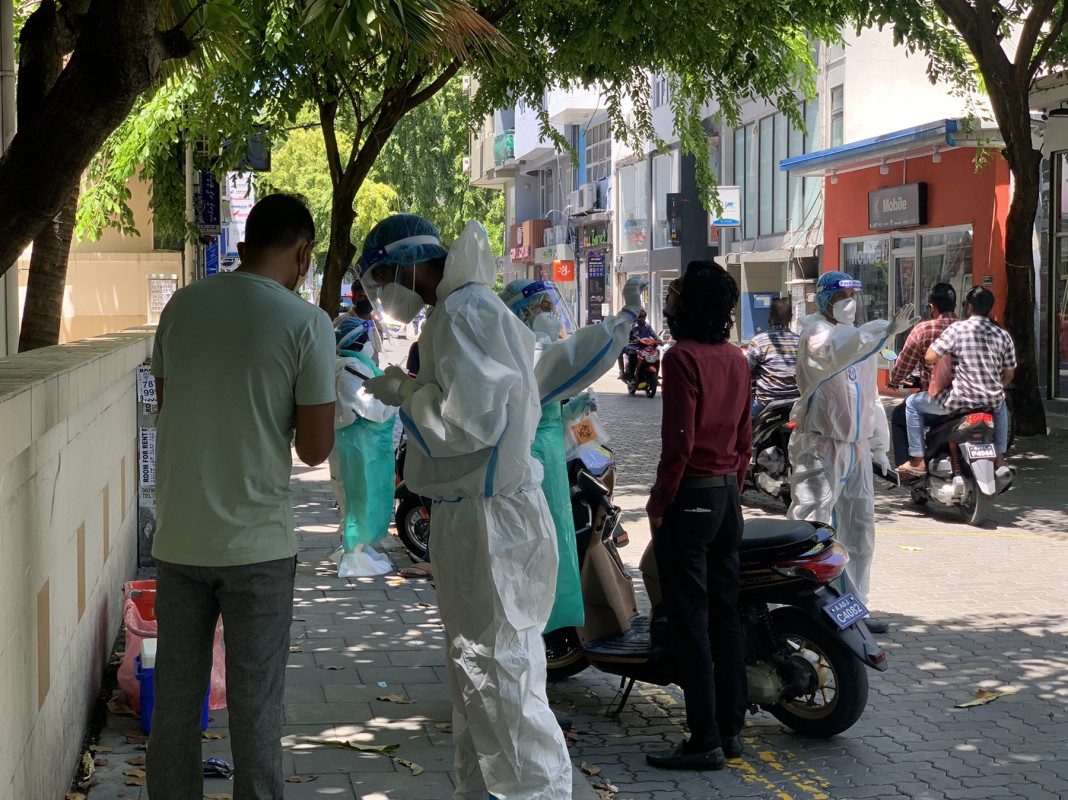Even after investigation, MMPRC embezzlement appears to lead down a rabbit hole
ACC investigation into MMPRC embezzlement reveals neglect in upper echelons of government


Entrance to the Maldives Monetary Authority head office in capital city Malé
On Thursday, Maldives’ corruption oversight body released findings of its investigation into the largest corruption scandal in the country’s history. A 2015 audit of the state-run Maldives Marketing and Public Relations Corporation (MMPRC) revealed a hole of MVR 1.3 billion, which we now know was embezzled out of the company through a series of transactions.
The Anti-Corruption Commission’s (ACC) 700-page report on their investigation into this embezzlement identifies 155 individuals who received the funds; the names include parliamentarians, as well as senior officials of previous and current governments.
The investigation does a decent trace and identification of cash flow but the report fails to state how the holders of these accounts, who knew of large deposits to their account from a company linked to the MMPRC scandal, are complicit in the embezzlement, or even if they are.
This ambiguity has allowed those involved to offer an explanation, the most common of which has been that the money they received is from a currency exchange deal, that has to be believed at face value by anyone who wishes to offer them the benefit of the doubt.
ACC says they have asked the Maldives Police Service to form a joint investigation team, a request that has been pending since 2017. This has impeded the commission’s capacity to identify the scope of responsibility for those involved.
The corruption watchdog also expressed concern in the report over the Prosecutor General’s Office refusing to raise charges over the findings of its investigation; the ACC identifies prosecutors having raised charges in only one case of over 70 it has forwarded.
ACC also identified the leasing of one of the largest hotels in capital city Malé for 50 years as another potentially corrupt deal involving the MMPRC, but the Prosecutor General’s Office had refused to raise charges.
Since complete independence, statutory institutions are believed to be heavily influenced by the central government, and these institutions as well as local courts appear to have taken a heel-faced turn, freeing political prisoners whose appeals were previously denied and launching investigations over allegations previously turned a deaf ear to. It is a shame that that a statutory watchdog’s investigation into the most scandalous financial event in Maldivian history was impeded by the state’s own weakness.
It is clear that the ACC’s investigation was retarded by an institutional response to it, but a process has now begun, with head of the central bank’s Financial Investigation Unit Athif Shakoor being summoned for parliamentary questioning and former president Abdulla Yameen being scrutinized for the million dollars deposited to his account.





